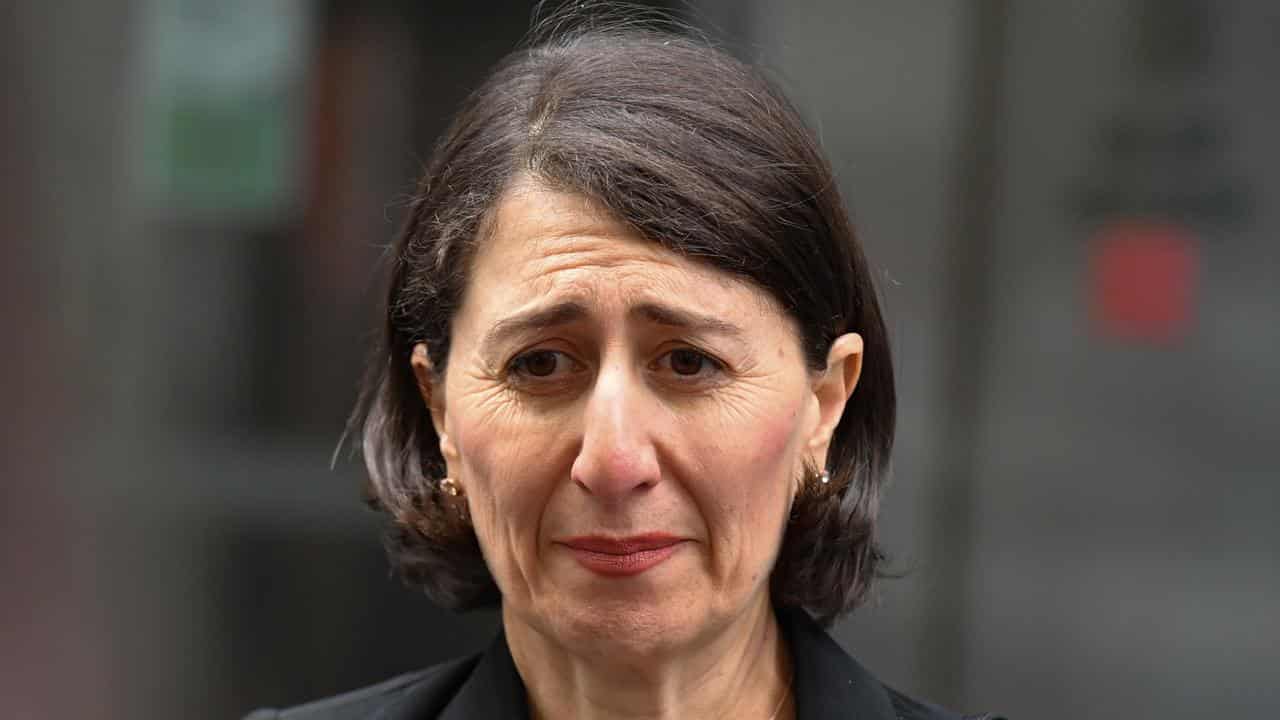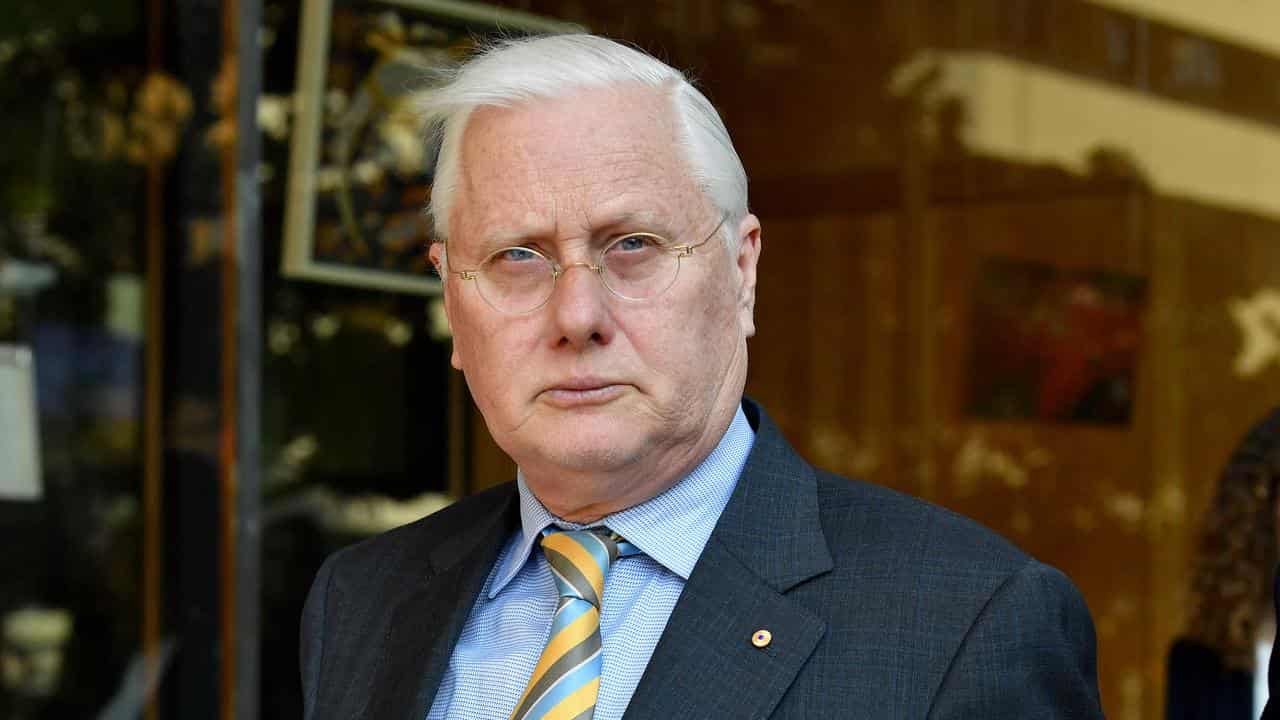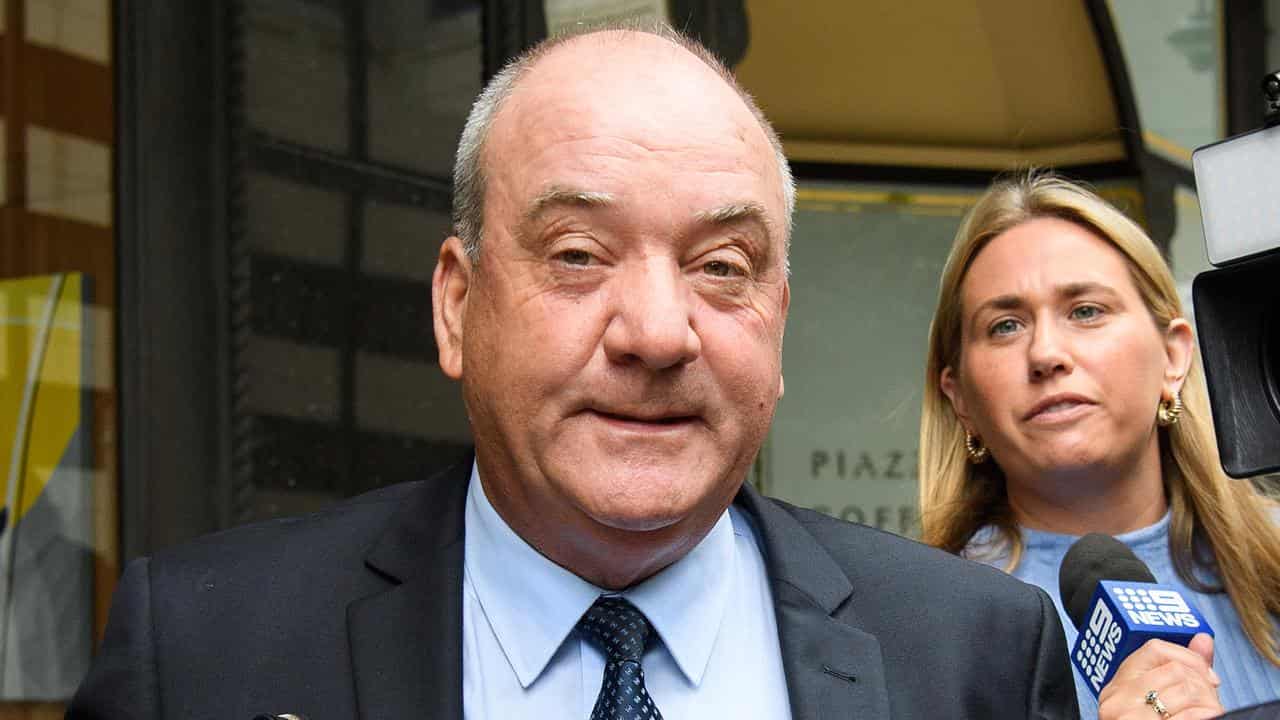
Politicians should be allowed to change their mind by taking into account the desires of those they admire, lawyers for ex-premier Gladys Berejiklian have argued as they try to overturn corruption findings.
The former NSW Liberal leader is seeking to overturn findings she breached public trust because of her covert relationship with disgraced party colleague Daryl Maguire.
The NSW Independent Commission Against Corruption found in June that this "serious corrupt conduct" included Ms Berejiklian sitting on a cabinet committee considering multimillion-dollar funding arrangements pushed by Maguire to benefit his Wagga Wagga electorate.
On the second day of a hearing in the NSW Court of Appeal, the former premier's barrister Bret Walker SC argued that an MP having an attachment to someone with the same political or policy views was just the "stuff of politics".

"It doesn't distort political decision-making to take into account the preferences and desires of those whom you admire, those whom you like, those whose advice you've found useful in the past," Mr Walker said on Tuesday.
Being influenced by someone who others did not wish you to be influenced by was not corruption, the barrister told the court.
"That's the conduct of human politics by humans.”
Mr Walker has argued ICAC made several "defects of reasoning" and errors of law in making its findings.
Earlier on Tuesday, ICAC's barrister Stephen Free SC defended the report, saying there was a "rational foundation" for finding Ms Berejiklian was influenced by her relationship with Maguire.
Mr Free described the Wagga Wagga MP as a "special kind of serial pest" in his lobbying with the former premier.
"He was agitating for his interests in his electorate but taking advantage of a particular emotional relationship that existed only as between them," he told three appeal judges.
There was evidence of Maguire's "emotional hold" on Ms Berejiklian at the time, including his insecurity and disquiet about a lack of progress on certain proposals and his desire to "be the boss", the court was told.
While Ms Berijiklian claimed she treated Maguire like any other MP, Mr Free said her vision for their future, which included marriage, children and life after politics, meant she had an interest with him that was different to her connection to others.

Between 2016 and 2018, as treasurer and then premier, Ms Berejiklian was involved in approving or supporting allocations of $5.5 million for the Wagga-based Australian Clay Target Association and $10 million for the Riverina Conservatorium of Music.
Admitting that others on the cabinet committee also approved Maguire's proposals, Mr Free said this did not mean Ms Berejiklian was not affected by her personal attachment when making a final decision.
“She was influenced by not just her assessment of the merits of the proposals but a desire to maintain her relationship with Mr Maguire," the barrister said.
Mr Free argued the clay-shooting proposal was processed by the cabinet committee in an unusual manner because of Ms Berejiklian's relationship with Maguire.
Had the then-treasurer told other committee members of her conflict, it was highly unlikely the proposal would have passed the expression-of-interest phase, he said.
"On the findings of the commission, this had a real-world impact on the way in which public money was distributed," Mr Free said.
Similarly, ICAC said Ms Berejiklian's leadership colleagues John Barilaro and Dominic Perrottet would not have agreed to the conservatorium funding if they knew of her relationship with Maguire.
The June report also found Ms Berejiklian failed to report possible corruption by Maguire to ICAC over his soliciting of commissions from property developers.
Judgment will be handed down at a later date.









